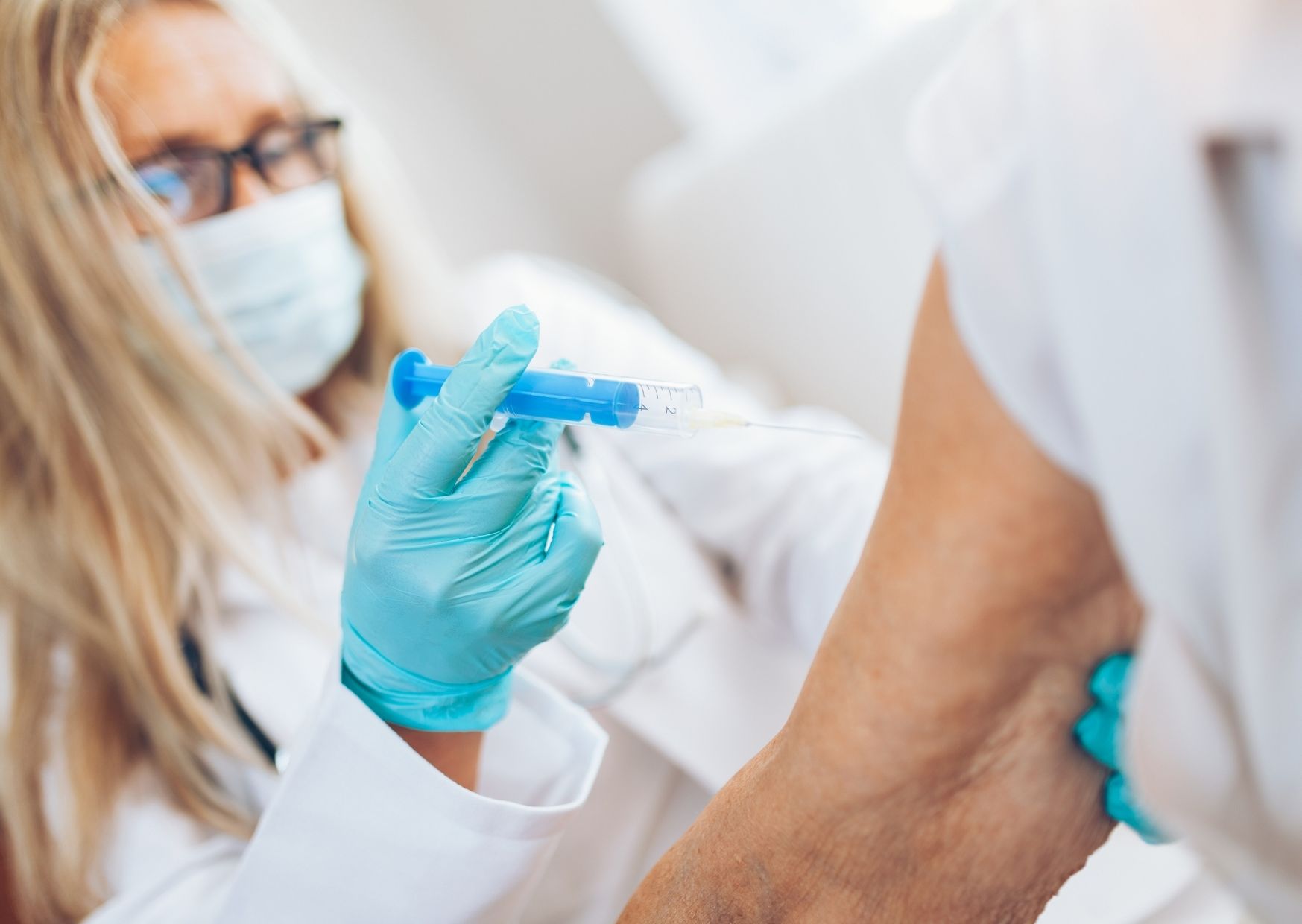Four vaccines against Covid-19 have already been approved in the EU. They are helping to stem the spread of the virus, but some are also causing a stir due to severe side effects and long delivery times.
The next potential vaccines against Covid-19 in Europe, which the EMA are currently reviewing are Sanofi-GSK, Curevac, Valneva, Novavax and Sputnik V.
The latter is a special case. They are not only investigating if the vaccine is safe, or its efficiency. It’s specially discussed because of the investigation that the European Commission has started to know if people that were trying the vaccine were not coerced or forced by anyone.
They want to make sure that Russia has respected ethical methods to test it.
The incoming vaccines to be approved in the EU
These four vaccines are next to be approved into the EU. If you want to check the vaccines that are already on Europe, you can check that link.
Potential new vaccine in Europe: Sanofi-GSK
Sanofi-GSK is one of the next potential vaccines against Covid-19 in Europe. It will be protein-based, and two doses will be required to achieve full effectiveness. The vaccine has achieved its Phase 2 of the development.
The company expects to release the vaccine in Q4 2021. Up to this moment, effectiveness against SarsCov-2 is not defined already.
The EU has guaranteed at least 300 million doses.
Curevac is expected to work similar as Moderna and Pfizer
Another great European hope is the vaccine from Curevac. The results on the exact effectiveness are still pending.
The German physician and politician Karl Lauterbach already assumes that the vaccine works similarly well as those from Biontech and Moderna, as reported by German Newspaper SPIEGEL.
Vaccination with the so-called CVnCoV, also an mRNA vaccine, requires two vaccinations nearly a month apart.
When refrigerated at 2 to 8 °C, it has a shelf life of three months; at room temperature, 24 hours.
The EU has guaranteed at least 405 M doses.
New european vaccine VLA2001 will contain SarsCoV-2 but disabled
The VLA2001 vaccine, developed by Valneva it’s on its final development stage. Reports state that the vaccine is safe. But we still need to know what level of effectiveness is going to achieve.
European Commision reports that Valneva uses “traditional vaccine technology”, which means that it will be based on the virus itself, but disabled. And it’s the only one company in Europe that develops a vaccine with that premise.
Up to 60 million doses are guaranteed by the EU.
Potential vaccine NVX-CoV2373 will be a new type of vaccine
The vaccine NVX-CoV2373 developed by Novavax is characterized by a relatively high effectiveness: It has a 95.6 percent effectiveness against the original Covid strain, according to “theBMJ”.
It is also said to work well against the British variant B1.1.7, but the effect is weaker with the South African mutant.
The EU has guaranteed at least 200 M doses.
Another conspicuous feature of the potential new vaccine is that it is neither an mRNA nor a vector vaccine, as is the case with all previously approved vaccines.
Novavax, if approved, would bring an entirely new type of vaccine to the European market. This is a so-called virus-like particle vaccine.
To create it, a version of the spike protein of the SARS-CoV-2 coronavirus is produced in the laboratory, forming tiny virus-like particles. Another component of the vaccine is an effect enhancer.
When a person is vaccinated, the immune system recognizes the tiny particles as foreign and forms natural body’s defences, antibodies and T cells.
This ensures that the immune system recognizes the spike protein in the event of subsequent contact with SARS-CoV-2 and can fight the virus.
For the vaccine to reach full effectiveness, two doses are needed.
Similar to AstraZeneca’s vaccine, it must be stored at 2 to 8 °C, and in this case it will have a shelf life of six months.
European Medicines Agency argues about Sputnik V
EMA TEAM argues about the ethical process in which Sputnik V was tested, as Financial Times has reported. Instead of that, the vaccine is safe and it’s effectiveness is up to 90%. But the European Medication Agency wants to follow their guidelines when buying new medicines: it has to be safe and effective, and it has to follow an ethical process when tested.
That deals with coercion (with the volunteers), when Sputnik V doses were tested. European Union is going to investigate to make sure nobody was forced to test the russian vaccine.
Featured Image Source: canva.com
